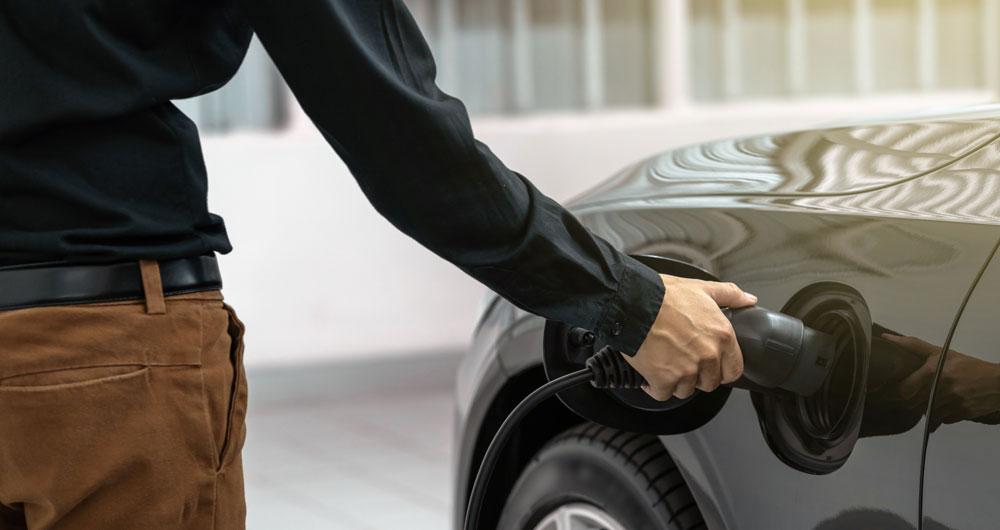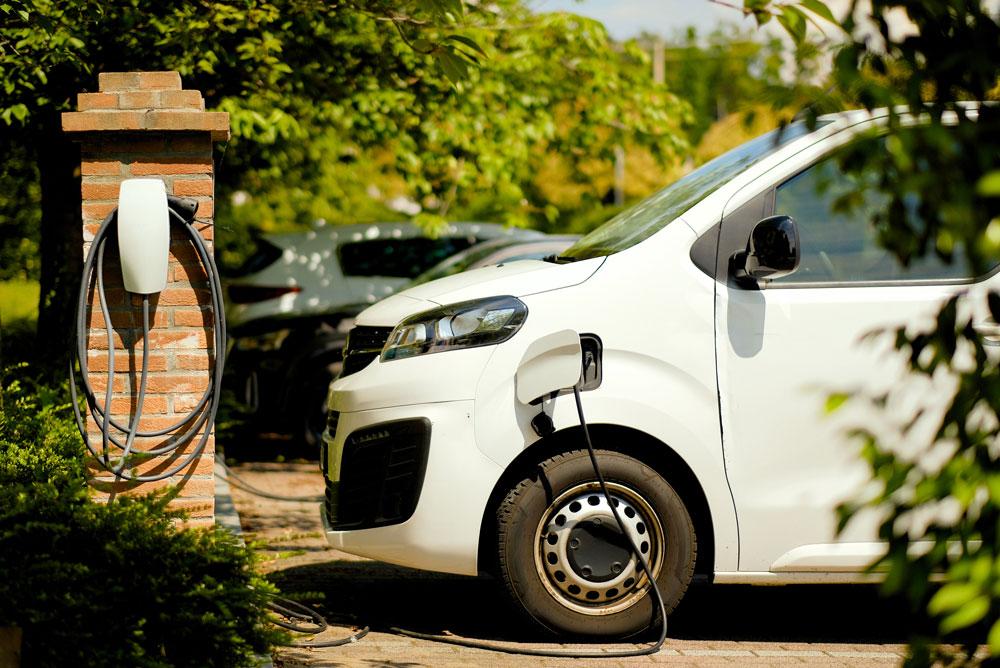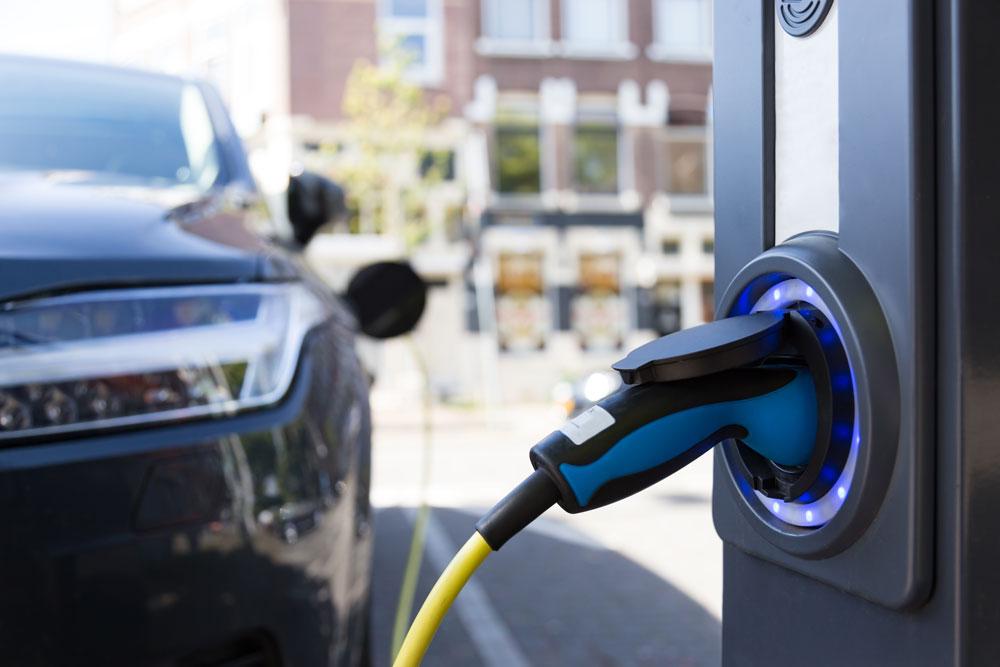The SMMT has released new Motorparc data which has shown that average car CO2 dropped -2.1% in 2023 – while company car emissions plummeted by -11.5%. This is despite a record number of motors on the road.
The SMMT says the reduction in company car emissions is thanks to compelling fiscal incentives encouraging fleets to invest in EVs and that the government should provide similar incentives to private consumers to help dramatically decarbonise UK road transport.
The SMMT data shows that the number of vehicles on UK roads rose by 1.7% to 41,404,589 vehicles – with plug-in vehicles driving the biggest growth in car ownership since 2016.
Total cars on the road rose by 1.6% or 546,800 units to 35,694,845, after almost half a million new battery electric (BEV) and plug-in hybrid (PHEV) vehicles were registered during 2023. The number of BEVs in use increased by almost half (47.3%) compared with 2022, meaning these vital zero emission vehicles now account for 2.7% of all cars in use, up from just 1.9% in 2022.
Record numbers of commercial vehicles are now in use, with 625,873 heavy goods vehicles and 5,012,632 vans in operation, up by 1.7% and 2.6% respectively. Zero emission commercial vehicles also recorded a boost – with BEV van volumes rising by 43.5% on 2022 to 61,161, meaning 1.2% of vans on UK roads is now zero emission. Electric HGVs rose 146.4% in 2023, although at just 0.4% of the fleet, urgent action is therefore required on grants and infrastructure – especially given that new trucks under 26 tonnes have the same end of sale date as cars and vans.
The number of electric buses in operation also grew, up by 159.4% to 1,922 units, making the UK Europe’s biggest market for zero emission buses and coaches. However, despite a record year of registrations in 2023, the UK’s public transport fleet has shrunk to its smallest level since records began at 71,239 vehicles. In further evidence of the need for greater investment in this sector, one in five buses in use is more than 18 years old.
The SMMT also reports that 2023 was the best year for public chargepoint rollout, but there is still just one standard public charger available for every 35 plug-in cars on the road, only a slight improvement from one for every 36 last year.
The situation is even more challenging for commercial vehicles, with no clear national plan for van-specific chargepoints, and just one dedicated public truck charging location for the entire country. With increasing numbers of electric cars and vans now being mandated for sale, the time to invest in infrastructure is now. That investment should be nationwide so that everyone – irrespective of vehicle type, location and accessibility – can access a reliable, convenient and affordable charging network.
Mike Hawes, SMMT Chief Executive, said, "After two challenging years of constrained supply, more people and businesses across the UK are now getting back behind the wheel – and increasingly, opting for greener options. However, given the ageing fleet, we now need to encourage consumers and businesses who have deferred purchases of new cars, vans, trucks and buses to upgrade. A stronger and stable economy, coupled with reduced living costs, would boost consumer and business confidence, while compelling fiscal incentives would ensure that these purchases are emissions free. Not only would this accelerate the transition – fundamental to the UK’s net zero ambitions – but it would also stimulate the economy and enhance the wider environment in which we all live."







